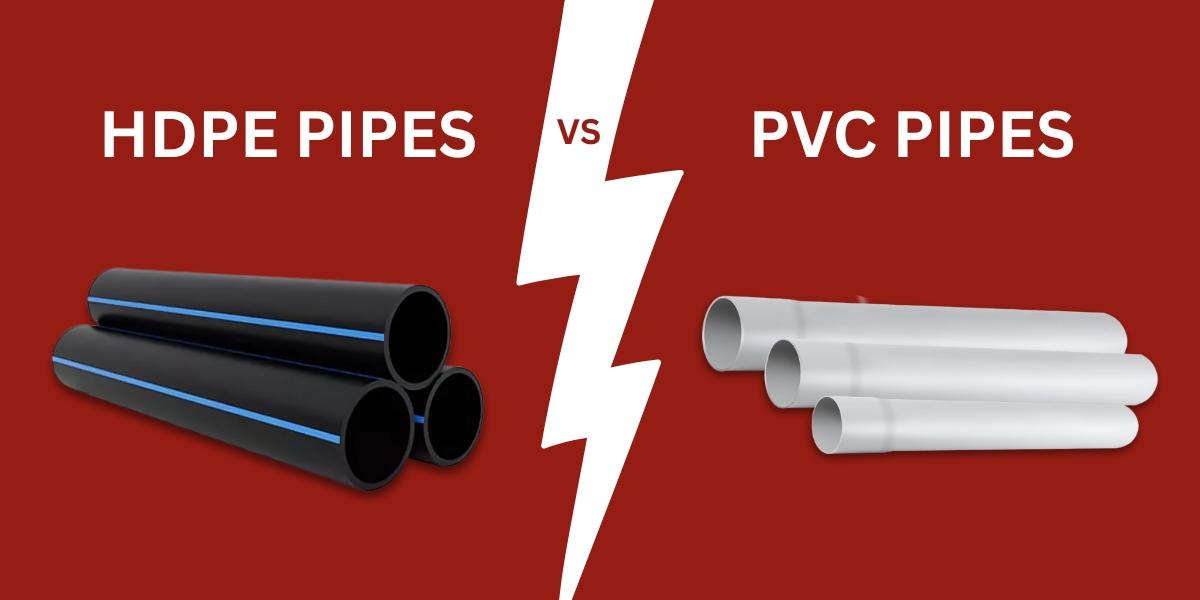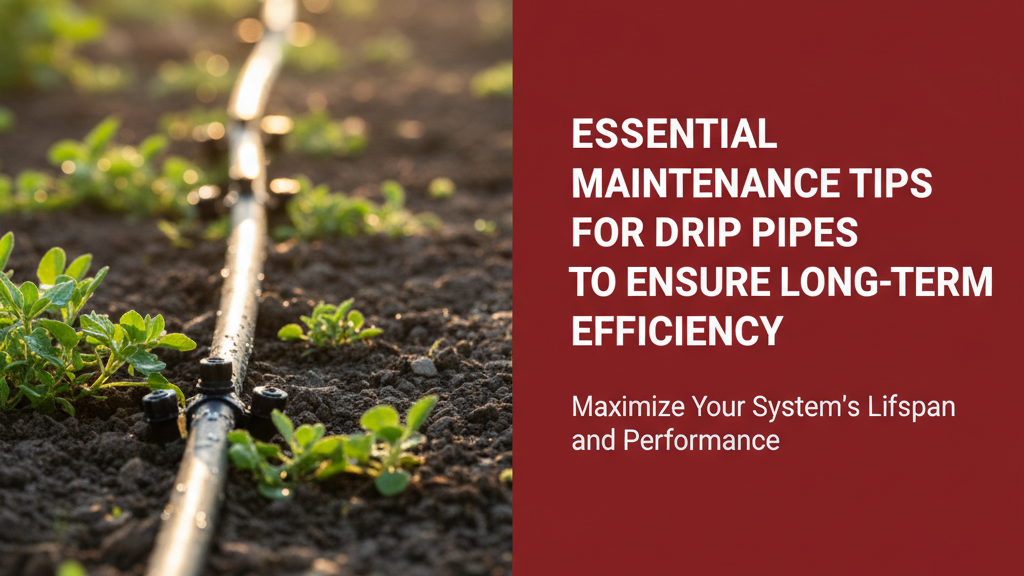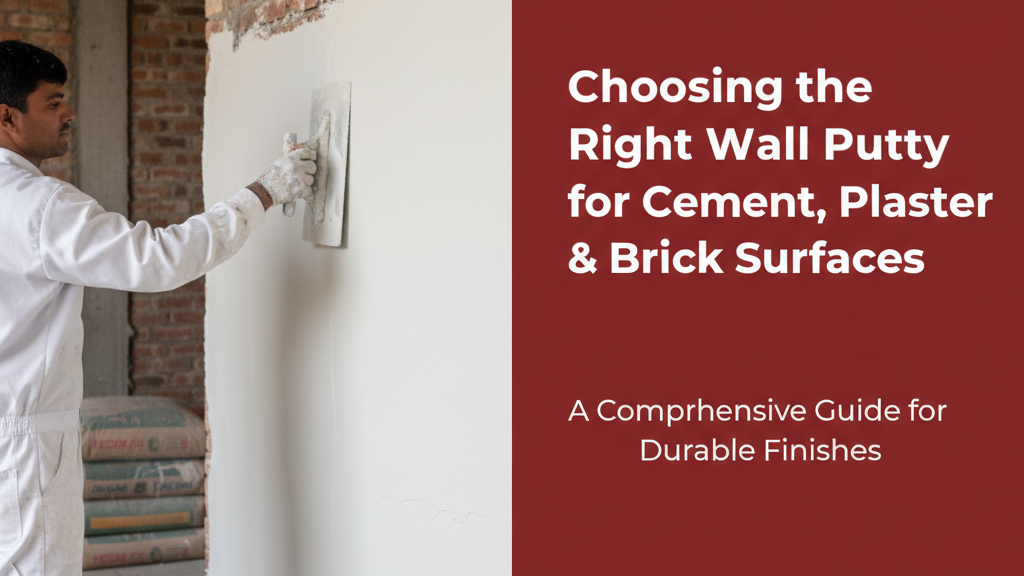Introduction
When planning a new pipeline project—whether it’s for water, sewage, gas, or industrial chemicals—the choice of pipe material plays a critical role in performance, cost, and long-term reliability. Two of the most commonly compared options are HDPE (High-Density Polyethylene) and PVC (Polyvinyl Chloride).
In this blog, we offer a head-to-head comparison between HDPE and PVC to help you understand which is better for your specific needs.
What Is HDPE?
HDPE (High-Density Polyethylene) is a thermoplastic known for its high strength-to-density ratio. It’s used widely in municipal, industrial, and agricultural pipeline projects due to its flexibility, toughness, and resistance to corrosion and chemicals.
What Is PVC?
PVC (Polyvinyl Chloride) is another thermoplastic widely used in piping systems. It’s rigid, cost-effective, and commonly used for household plumbing, irrigation, and drainage systems.
HDPE vs PVC: A Comparative Analysis
| Feature | HDPE Pipes | PVC Pipes |
|---|---|---|
| Flexibility | Highly flexible and bendable | Rigid, requires more fittings |
| Jointing | Heat fusion for leak-proof joints | Solvent cement; risk of weak seals |
| Chemical Resistance | Excellent | Good |
| Impact Resistance | High | Moderate |
| Temperature Tolerance | Withstands sub-zero & high temps | Less effective in extreme temps |
| Longevity | 50+ years | 30–40 years |
| Installation | Requires fusion welding equipment | Simple tools, quick install |
| Cost | Slightly higher upfront | Lower initial cost |
| Recyclability | Fully recyclable | Recyclable, but less frequently |
When to Choose HDPE
Choose HDPE pipes when:
-
Your project requires flexibility (e.g., trenchless installation)
-
Leak-proof joints are critical
-
Pipes will carry harsh chemicals
-
Ground movement or seismic activity is expected
-
You need long service life in harsh environments
When to Choose PVC
Choose PVC pipes when:
-
You want a lower-cost option for above-ground or non-pressurized systems
-
The application is limited to residential plumbing or basic drainage
-
Installation speed is more critical than long-term durability
Environmental Considerations
HDPE is considered more sustainable due to its durability and lower environmental footprint. It’s easier to recycle and often used in green infrastructure projects.
PVC, while recyclable, involves chlorine and plasticizers in its production, raising environmental and health concerns during manufacturing and disposal.
SBM Gold: Your Partner in Smart Piping Decisions
At SBM Gold, we don’t just manufacture pipes—we help clients choose the right solution for every project. Whether you need HDPE for industrial-grade durability or are exploring modern alternatives to PVC, our experts will guide you to the best fit.
We provide:
-
Full range of HDPE piping systems
-
Expert consultations
-
Custom solutions for industrial and agricultural needs
Still unsure which pipe is right for your project? Talk to SBM Gold today and get a free consultation from our experts.



